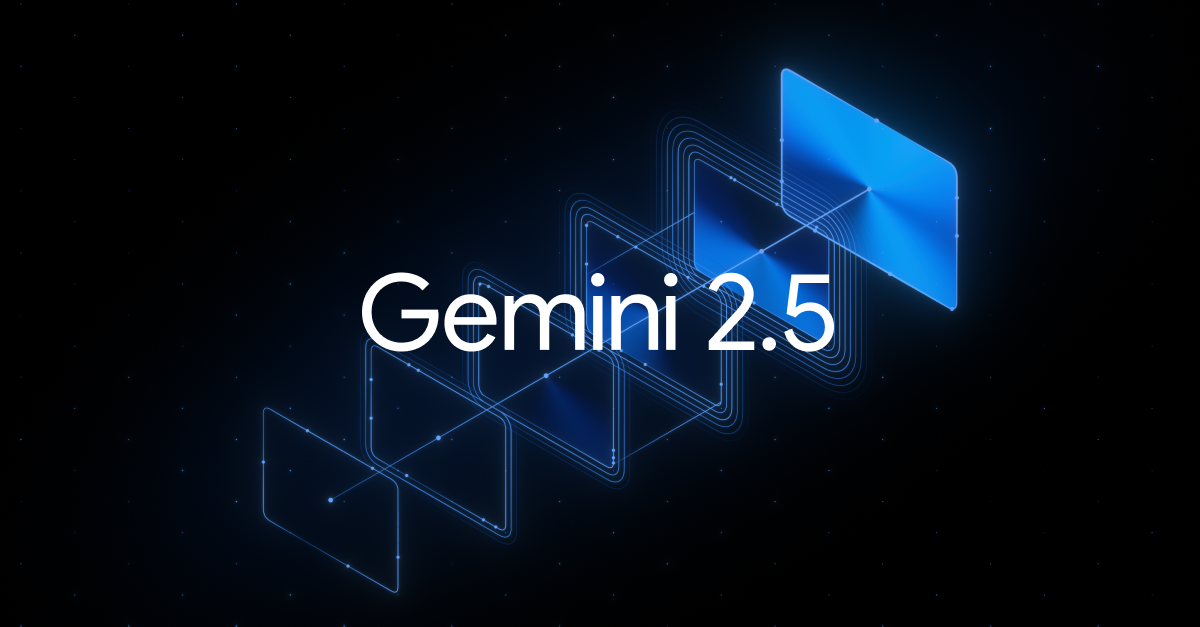👋 Dear friends, welcome to this issue's selection of top AI articles!
This week, we've carefully selected 24 insightful articles from the field of artificial intelligence, offering a comprehensive overview of the latest breakthroughs and trends. Stay ahead of the curve and grasp the pulse of AI development! This week, major model providers raced to release updates, focusing on multimodality, enhanced reasoning, and openness. AI development tools continued to evolve, with significant attention on Agents, MCP, and low-code/no-code development. AI applications accelerated across programming, creativity, recruitment, gaming, and education, while debates around AGI, startup strategies, and the impact of AI on work and learning sparked in-depth discussions.
This week's highlights:
- Model Innovation Races Ahead, Focusing on Multimodality & Reasoning: OpenAI (GPT-4o native image), Google (Gemini 2.5 'thinking model'), DeepSeek (V3 code/math boost), Alibaba (Qwen2.5-VL/Omni versatile multimodal), and Tencent (Hunyuan T1 deep thinking) released intensive updates. These showcase significant advancements in image generation, autonomous reasoning, code processing, multimodal interaction (see, hear, speak, write), and long-text handling, with both open and closed-source models progressing rapidly.
- AI Agent Development & Integration Toolchains Mature: Model Context Protocol (MCP) extends from local to remote deployment (Cloudflare) and enables no-code application building (ModelScope). Open-source multi-Agent frameworks based on LangChain (LangManus) emerge. OpenAI engineers discuss scaling tool calls (from 10+ to hundreds) and the advantages of multi-Agent architectures for debugging.
- "Vibe Coding" Sparks New Development Paradigm: AI coding assistants like Cursor, integrating Agent modes and MCP, enable "conversational programming." Andrej Karpathy's "Vibe Coding" demo (building an iOS app quickly without prior Swift experience) highlights AI's potential to lower programming barriers and accelerate prototyping. However, a WIRED survey reveals mixed developer sentiments, balancing efficiency gains with anxieties about skills and job security.
- AI Empowers Creativity & Content Generation: GPT-4o enables easy generation and editing of images in specific artistic styles (e.g., Ghibli). Prompt engineering allows AI models (like DeepSeek V3/Claude 3.7) to generate HTML/CSS code, streamlining the creation of covers for platforms like Xiaohongshu and WeChat Official Accounts, lowering the barrier for visual content creation.
- AI Drives Emerging Products & Business Models: AI recruitment startup Mercor achieves explosive growth (hitting $100M ARR in 11 months) by automating the hiring process, showcasing AI's disruptive potential in vertical industries. AI-Native games leverage AI to drive NPCs, generate dynamic narratives, and create innovative mechanics. Product Hunt highlights diverse AI applications like Sider (deep research) and Aha (AI marketing teams).
- Revolutionizing Knowledge Work & Learning Styles: Google NotebookLM's new interactive mind maps transform lengthy content (videos, PDFs, notes) into visual, conversational knowledge structures. Discussions on "AI + Learning" explore AI's roles as a tool (efficiency), partner (collaboration), and mirror (reflection), stressing the need for an experimental mindset while warning against over-reliance and potential pitfalls like the "banality of evil" in AI-assisted academic work.
- Industry Giants' Strategies & Viewpoints Collide: Sam Altman confirms OpenAI's transformation into a major consumer tech company, hinting at free GPT-5 access and an ecosystem built around OpenAI accounts. In contrast, Yann LeCun reiterates skepticism about imminent AGI, advocating for "Advanced Machine Intelligence" (AMI) grounded in World Models (like JEPA) and emphasizing the importance of open collaboration.
- Is AI Startupland Repeating the 'Bitter Lesson'? Applying Rich Sutton's "Bitter Lesson" (general, compute-heavy methods ultimately outperform human-knowledge-based ones), the analysis suggests that the engineered advantages of many current vertical AI applications may erode as more powerful general AI models emerge, often leaving them without sustainable moats. It predicts general AI agents could dominate most application areas by 2027, advising startups to focus on securing unique 'cornered resources' or pivoting to roles within the ecosystem of AI giants.
- Spotlight on AI Infrastructure & Foundational Tech: Developer guides emphasize the growing importance of technologies like RAG, vector databases, and efficient model fine-tuning techniques (PEFT/LoRA). Insights from OpenAI engineers highlight the significant impact of fine-tuning, the persistent challenges in robust evaluation (especially in specialized domains), and the untapped potential of 'computer use' models within specific contexts like browsers and mobile environments.
- Developer Tools & Ecosystem Continue to Evolve: Beyond MCP and Agent frameworks, the AI development landscape is enriched by practical tips for coding assistants (Cursor), libraries of prompts for content generation, and comprehensive guides (like the 'LLM Application Primer for Techies') explaining core concepts such as RAG, collectively building a more robust support system for developers.
🔍 This week showcases rapid technological iteration in AI, expanding application scenarios, and accelerated exploration of business models. Concurrently, discussions deepen regarding technical roadmaps, development strategies, and societal impacts. We invite you to explore these developments further and embrace the opportunities and challenges brought by AI together.






